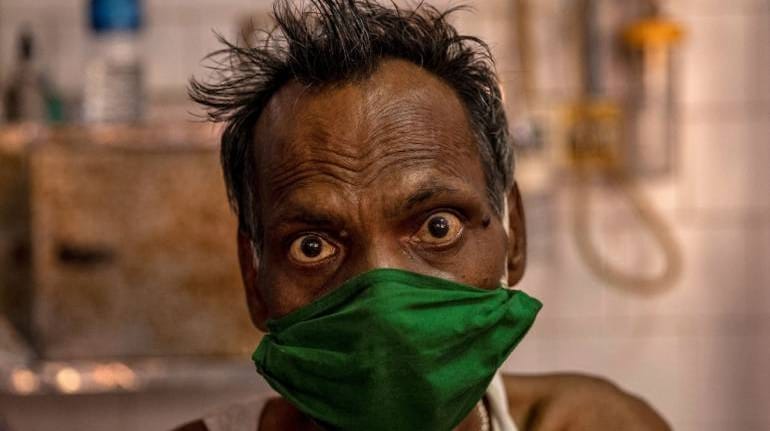



COVID-19 vaccines greatly reduced the number of cases of severe COVID-19 for everyone regardless of their body size, according to a study of 90 lakh adults in England published in The Lancet Diabetes and Endocrinology on Friday.
Vaccine effectiveness was similar for those with a higher body mass index (BMI) and of a healthy weight, but slightly lower in the underweight group, who were also the least likely to have been vaccinated, the researchers said.
In a further analysis of vaccinated people only, among the fewer COVID-19 cases recorded, people of very low and very high BMI were more likely to experience severe disease than vaccinated healthy weight people, they said. "Our findings provide further evidence that COVID-19 vaccines save lives for people of all sizes," said study lead author Carmen Piernas from the University of Oxford, UK.
"Our results provide reassurance to people with obesity that COVID-19 vaccines are equally as effective for them as for people with a lower BMI, and that vaccination substantially reduces their risk of severe illness if they are infected with COVID-19," Piernas said.
The data also highlights the need for targeted efforts to increase vaccine uptake in people with a low BMI, where uptake is currently lower than for people with a higher BMI, the researchers said.
They searched anonymised health records from more than 12 million patients in England taking part in QResearch - a secure database of healthcare information available to verified researchers.
Of these, 9,171,524 (9.1 lakh) patients who were over 18 years old, had BMI data, had not previously been infected with SARS-CoV-2 were included in the study. People were grouped based on their BMI according to four World Health Organisation definitions of 18.5-24.9 kilogrammes per square metre (kg/m2) for healthy weight, below 18.5 for underweight and 25- 29.9 for overweight.
Characteristics such as age, sex, smoking status, and social deprivation were also accounted for in the analyses. Of over 90 lakh people included in the study, 566,461 (over 5.6 lakh) tested positive for SARS-CoV-2 during the study from December 8, 2020 (date of the first vaccine given in the UK) to November 17, 2021.
At the end of the study period, 23.3 per cent of the healthy weight group, 32.6 per cent of the underweight group, 16.8 per cent of the overweight group and 14.2 per cent of the group with obesity had had no doses of any COVID-19 vaccine. To understand vaccine effectiveness, the researchers compared risk of severe disease in vaccinated versus non-vaccinated people at least 14 days after a second dose.
They found that being vaccinated offered high protection across all BMI groups, but that the effect was slightly lower in underweight people. Underweight vaccinated people had around half the likelihood of being hospitalised or dying compared with unvaccinated people of the same BMI.
In comparison, people in the healthy and high BMI groups who were vaccinated were around 70 per cent less likely to be hospitalised than unvaccinated people, the researchers said. People with a healthy or a higher BMI were also around two-thirds less likely to die than their unvaccinated counterparts two weeks after a second dose, they said.
Discover the latest Business News, Sensex, and Nifty updates. Obtain Personal Finance insights, tax queries, and expert opinions on Moneycontrol or download the Moneycontrol App to stay updated!
Find the best of Al News in one place, specially curated for you every weekend.
Stay on top of the latest tech trends and biggest startup news.